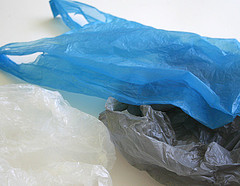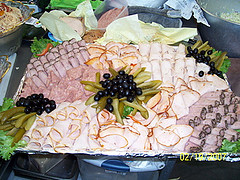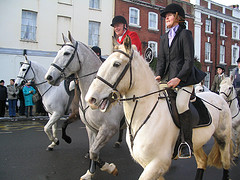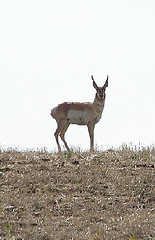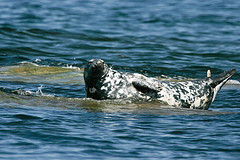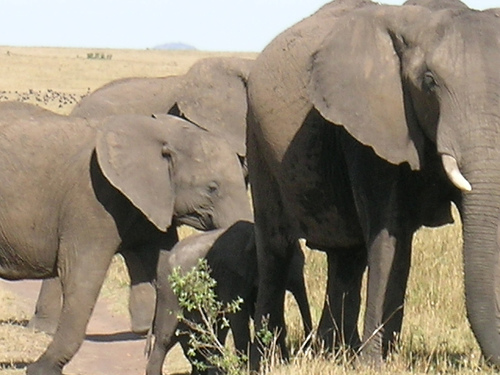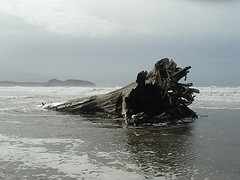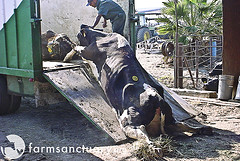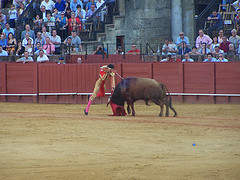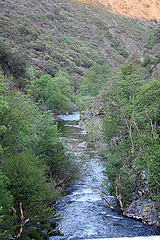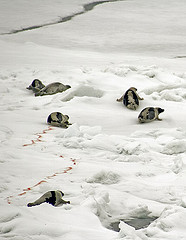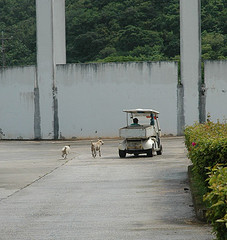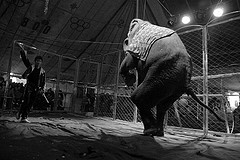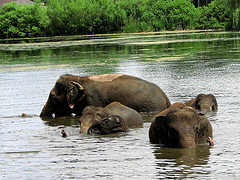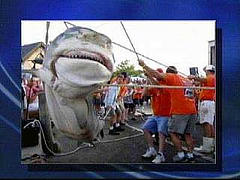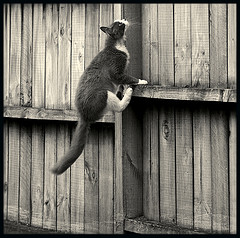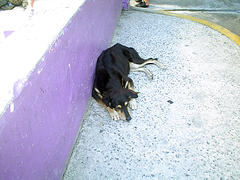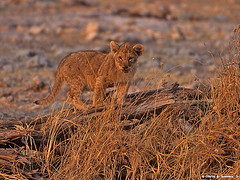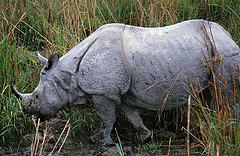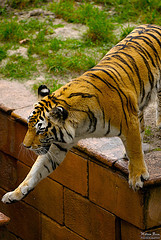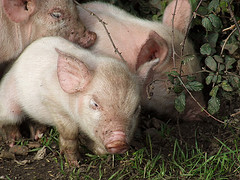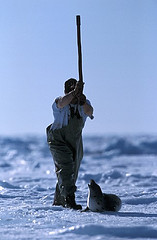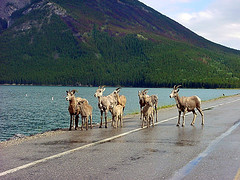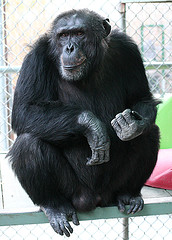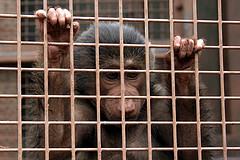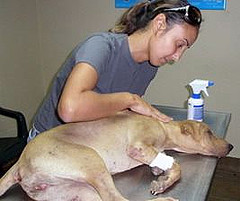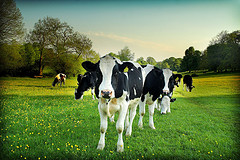 This guy named Wes Jamison, a professor of agricultural and natural resource politics at Dordt College (Sioux Center, Iowa), is clearly an agent of the agricultural sector in the country. But at a recent presentation he gave to the American Farm Bureau Federation (AFBF) Young Farmer and Rancher Leadership Conference, he made some interesting points about the growth of animal rights movements. (He's been studying this nutty thing for twenty years!)
This guy named Wes Jamison, a professor of agricultural and natural resource politics at Dordt College (Sioux Center, Iowa), is clearly an agent of the agricultural sector in the country. But at a recent presentation he gave to the American Farm Bureau Federation (AFBF) Young Farmer and Rancher Leadership Conference, he made some interesting points about the growth of animal rights movements. (He's been studying this nutty thing for twenty years!)While farmers have been focusing on competition and farm profitability, the world has been changing, according to Jamison. Animal rights discussions hinge on the human values that society has placed on animals.
Jamison outlined four factors needed in a society for an animal rights movement to rise, including urbanization, anthropomorphism (attributing human qualities to animals), belief in evolution, and a sense of equality. Unless all four factors are present, an animal rights movement does not exist.
Urbanization has made animals go from tools, instruments and commodities to something else. Animals now live in the house as members of the family.
“Animal rights does not cause society to change, but changes in society itself give way to animal rights,” Jamison said.
Interesting litmus test to apply to countries around the world to see if true.
Photo by Skinnyde.

